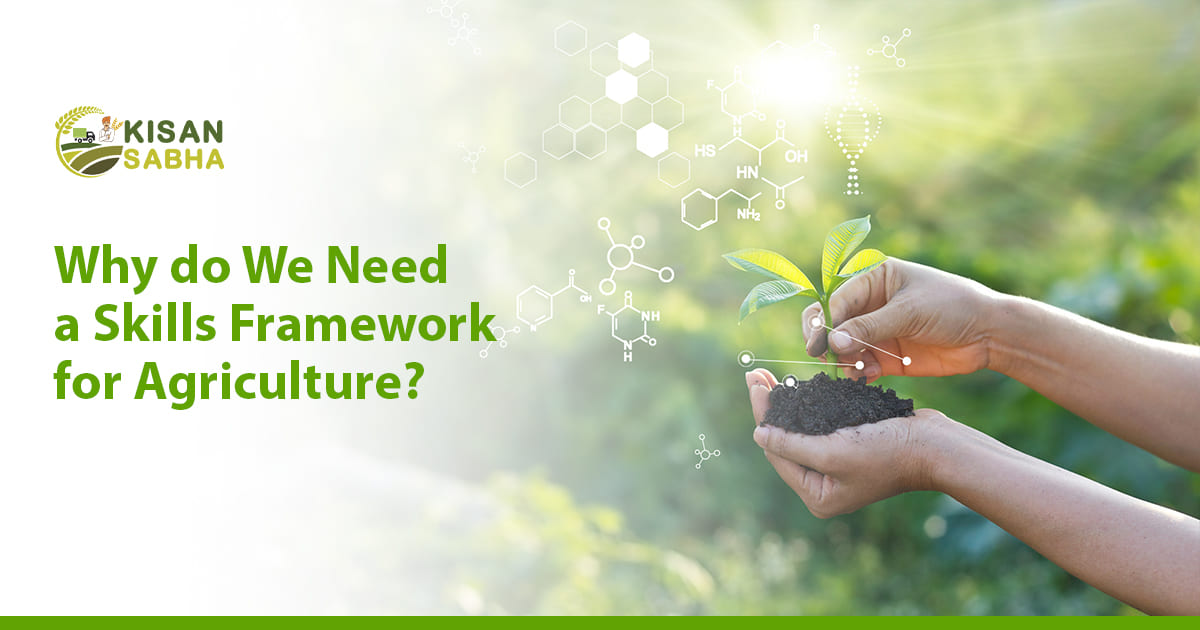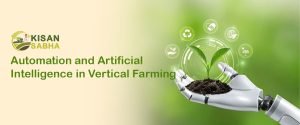Agriculture is a vital sector of the global economy, providing food, fiber, and other essential products to billions of people. However, the agricultural industry is facing several challenges, including climate change, population growth, and urbanization. These challenges are putting a strain on the agricultural workforce. Due to this, there is a growing need for skilled workers who can help meet the demands of the 21st century.
A skills framework for agriculture is a tool that can help address these challenges. A skills framework is a systematic way of identifying, describing, and classifying the skills needed for different roles in the agricultural sector. It can be used to:
- Assess the skills gaps in the agricultural workforce
- Develop training programs to address these gaps
- Create career pathways for agricultural workers
- Promote innovation and productivity in the agricultural sector
Several Reasons Why We Need a Skills Framework For Agriculture
To Address Technological Advancements
The agricultural sector is undergoing a rapid technological transformation. Precision agriculture, automation, and data analytics are all becoming increasingly common in agriculture.
The growing adoption of technology in agriculture necessitates new skills from workers, such as proficiency in computer software, and evidence-based decision-making. A skills framework can facilitate the identification of emerging skills, subsequently ensuring agricultural workers receive targeted training for effective adoption.
To Promote Sustainable practices
There is a growing focus on sustainable agriculture. This means producing food and fiber in a way that minimizes environmental impact. Sustainable agriculture requires new skills from agricultural workers, such as the ability to manage soil and water resources, use renewable energy, and reduce waste. Also, a skills framework can help to identify these new skills and ensure that agricultural workers have the necessary training to implement them.
To Improve Food Security
In addition to addressing skills gaps, a skills framework plays a vital role in safeguarding the future of global food security. Also, as population growth and climate change continue to put pressure on the world’s food resources, it is imperative to have a skilled workforce in the agricultural sector.
Furthermore, identifying and bridging these skills gaps can help the agricultural industry adapt to the challenges of a changing climate and feed a growing population. Ultimately, ensuring that everyone has access to safe, nutritious food requires a well-trained agricultural workforce, which a skills framework can help to create.
To Create a More Equitable Agricultural Sector
The agricultural sector is often characterized by low wages and poor working conditions. However, the skills framework can help to create a more equitable agricultural sector by providing workers with the skills they need to demand higher wages and better working conditions. By promoting career pathways and opportunities for advancement, a skills framework can also help to create a more diverse and inclusive agricultural workforce.
To Boost Innovation
The agricultural sector is ripe for innovation. A skills framework can help to boost innovation by identifying the skills needed for new technologies and practices. By providing training and support for agricultural workers, a skills framework can help to create a more innovative and productive agricultural sector.
There are several reasons why we need a skills framework for agriculture. Also, a skills framework can help to address the challenges in the agricultural sector. It can also help to promote sustainable practices, improve food security, create a more equitable agricultural sector, and boost innovation.
Also Read:- The Economic Impact of Farming: Why Agriculture Matters
Key Components of a Skills Framework for Agriculture
- Occupations and job roles:- The skills framework should identify the different occupations and job roles in the agricultural sector. Also, this will help to ensure that the framework is comprehensive and covers all of the skills.
- Skills and competencies:- The skills framework should define the skills and competencies required for each occupation and job role. Also, this will help to ensure that workers know, and skills they need to be successful in their roles.
- Levels of proficiency:- The skills framework should define the different levels of proficiency for each skill. Therefore, this will help to ensure that workers are assessed and trained appropriately.
- Career pathways:- The skills framework should identify the different career pathways available in the agricultural sector. Therefore, this will help workers to plan their careers and develop the skills they need to advance.
- Training and development programs:-Consequently, the skills framework should outline accessible training and development programs for workers to acquire the necessary skills and stay competitive.
Conclusion
The development and implementation of a skills framework for agriculture is a complex and challenging task. However, it is an essential step in ensuring that the agricultural sector has the skilled workers it needs to meet the challenges of the 21st century.




